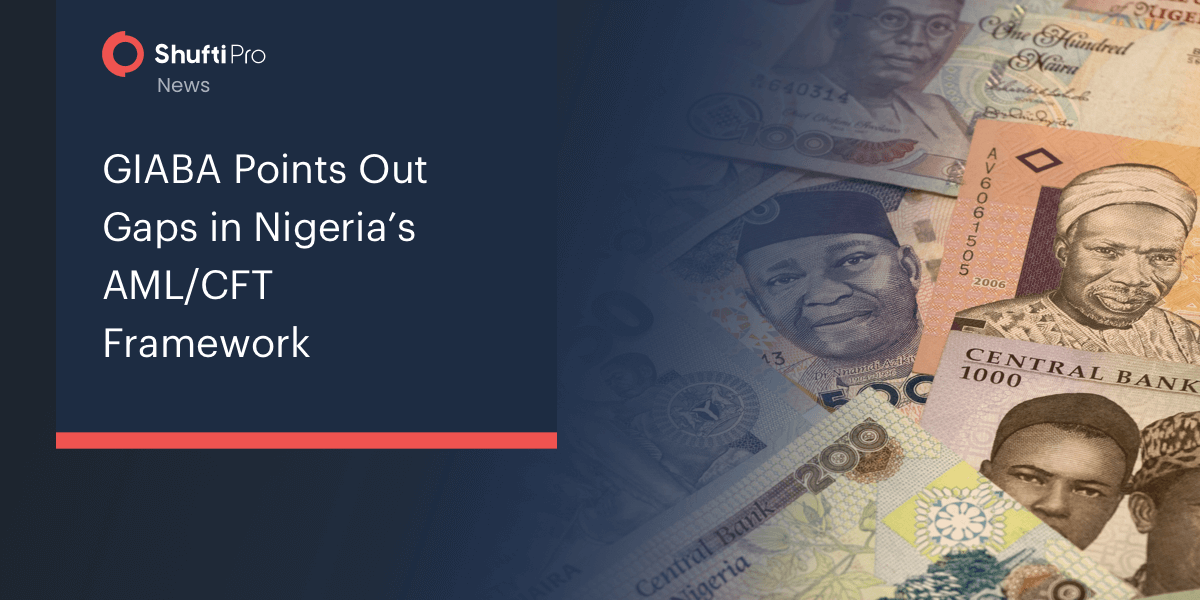GIABA Points Out Gaps in Nigeria’s AML/CFT Framework

The GIABA report revealed loopholes in the Nigerian AML/CFT framework and called Nigerian law enforcement bodies to collaborate to resolve these issues.
The Interior Minister of Nigeria, Ogbeni Rauf Arebesola, has revealed that according to the recent second cycle of collaborative assessment by the Inter-Governmental Action Group Against Money Laundering in West Africa (GIABA), the Nigerian AML/CFT framework lacked essential elements in several areas.
GIABA after evaluating Nigeria’s Anti-Money Laundering/Counter-Terrorism Financing (AML/CTF) framework observed numerous deficiencies in many areas, while progress to implement the Action Plan published in the report is significantly noted.
The Interior Minister vowed to continue to constitute essential regulation oversight to assure that the Ministry, services, and the agencies are working effectively, to fulfill their responsibilities as members of the Inter-Ministerial committee dedicated to AML and CTF concerns.
“The report noted that Nigeria’s understanding of risks leaves some key threats and vulnerabilities insufficiently explored and analyzed. Consequently, we have been given just 18 months to implement an Action Plan in line with recommended actions in the report,” said Ogbeni Rauf Aregbesola.
He noted that these emerging concerns call for a comprehensive need for a strategic action plan, regulatory bodies, and law enforcement departments addressing the identified inadequacy in Nigeria’s AML/CFT framework, and mutual collaboration of Interior ministry agencies with regulatory bodies in this regard.
As the Interior Minister stated,” Nigeria is under obligation to comply with the recommendations of the Financial Action Task Force (FATF) and Inter-Governmental Action Group Against Money Laundering in West Africa, (GIABA) on strengthening her AML/CFT regime.”
Ogbeni explained that the three-day (AML/CTF) capacity-building workshop has become a viable measure of establishing and improving the joint capacities to fight money laundering and counter-terrorist financing in Nigeria. He highlighted the fact that fraudsters are using numerous sophisticated techniques and approaches to hide the ownership of illegitimately obtained capital. Other than that fraudsters are also interjecting the illicitly procured assets into the legit funds in order to gain personal benefits.
The Director/CEO, Nigeria Financial Intelligence Unit (NFIU), Mr. Hamman Tukur while addressing the issue stated that it’s quite a challenging task to counter anonymous criminals, thus there is a vital need of identifying the fraudsters by gathering sound information associated with them. Hamman Tukur also addressed the Nigeria Immigration Services (NIS), Nigerian Correctional Service (NCS), and other major regulatory bodies to collaborate together in order to eradicate financial crimes from Nigeria.
Suggested read: AML Non-Compliance Penalties Soaring Sky High in the First Half of 2021











